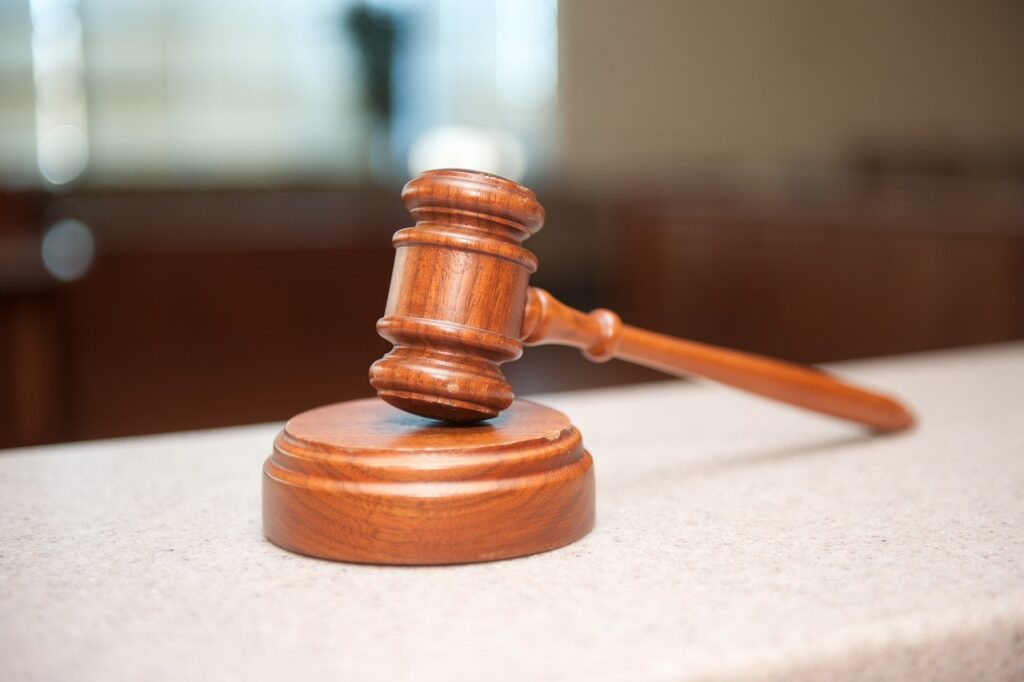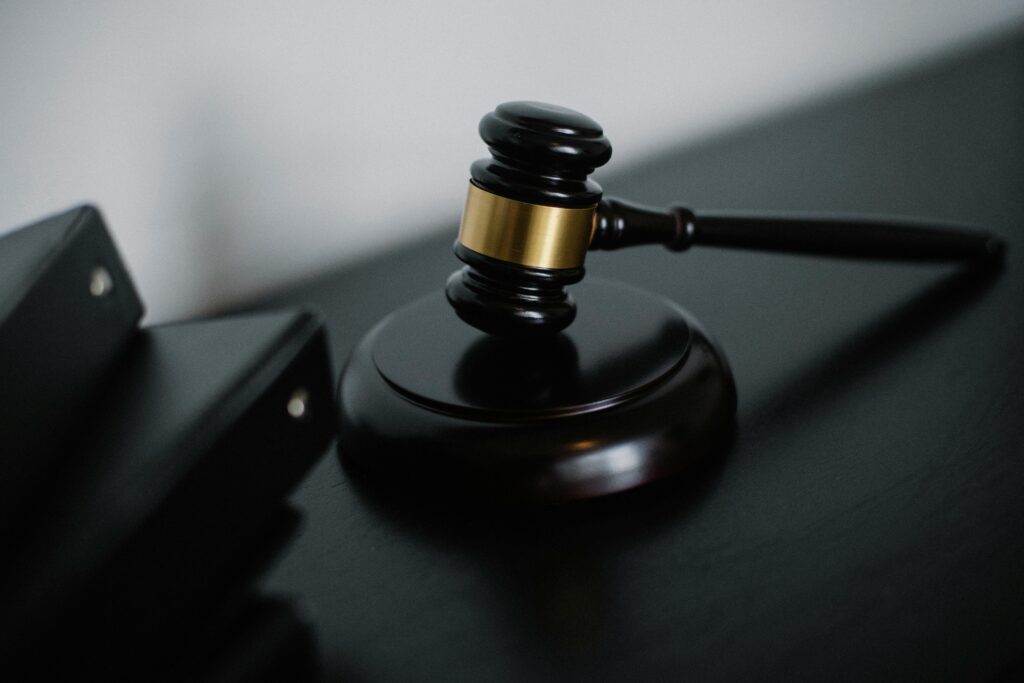Published On: November 9th 2025
Authored By: Zainab Amjad
Keshav Memorial College of Law, OU, Hyderabad
Abstract:
Human rights are the basic rights granted to every human being on this earth. And when armed conflicts threaten human rights, it not only disrupts peace, but also violates the fundamental foundation of the origin of the Human Rights Charter.[1] This article discusses the Human Rights granted to us and how they are exploited in armed conflicts – what are the consequences, results, and role of the International Criminal Court? The statements are presented in a sequenced manner, deeply researched and expressive of my personal opinions, keeping the classical and contemporary examples in mind.
Introduction:
The Universal Declaration of Human Rights was established by the United Nations General Assembly on December 10th 1948, right after the horrors of World War II. It was established with the intention to avoid international conflicts, to avoid the repetition of such a horrendous global state after the WW2 and to signify world peace and harmony. There are now 192 Member countries to the United Nations that are in a unified agreement of the UDHR- 1948.
Where Do Universal Rights Begin?
“In small places, close to home—so close and so small that they cannot be seen on any maps of the world. Yet they are the world of the individual person; the neighbourhood he lives in; the school or college he attends; the factory, farm or office where he works. Such are the places where every man, woman, and child seeks equal justice, equal opportunity, and equal dignity without discrimination. Unless these rights have meaning there, they have little meaning anywhere. Without concerted citizen action to uphold them close to home, we shall look in vain for progress in the larger world.”
—Eleanor Roosevelt, wife of US President Franklin D. Roosevelt, and Chair of the United Nations Commission that wrote the Universal Declaration of Human Rights in 1948.[2]
The Human Rights Declaration is a treaty which is always meant to unify people based on peace, harmony, unity, mutual understanding and respect. To unify nations in respecting the cultural, societal and boundary limits for the individuals residing and ruling within the territories. It consists of 30 Articles to protect the dignity, rights and provide entitled freedom to all humans irrespective of their gender, race, religion, caste, ethnicity, etc.
To give an overview, the UDHR allows the right to life, liberty, freedom of speech, freedom of expression, right to property, right to food, right against slavery, forced prostitution, human trafficking and much more that allows the human to live a precise and respectable life in society without any restrictions or limitations.
But, as C.S. Lewis quoted, “Freedom always comes with a price.” And humans have always been the witnesses and victims of enjoying the basics of liberty of living rights at a price for their own blood, sweat and tears – Wars and Armed Conflicts.
Human Rights Being Violated at Armed Conflicts:
Nelson Mandela, a renowned anti-apartheid hero, stated, “To deny people their human rights is to challenge their very humanity.” This is exactly what happens during an armed conflict. War has never served justice or victory. It has torn apart lives, destroyed peace, and ripped humanity.
Humans who are victims of armed conflicts are often civilians who are at a high risk of exposure to attacks, defence and bombardment during wartime. And during all of these, their basic civil rights to exist, to live normally, are at critical stages.
Wars, especially one-sided heavy armed conflict, where a country or state is being oppressed, annexed or under dictatorship, go through extreme consequences of the brutality. Ethnic cleansing, genocide, forced slavery, hostages, forced starvation, famine, and poor hygiene are all the atrocities happening during times such as.
These are all heavy violations of the Universal Declaration of Human Rights. And this is exactly where it not only becomes a necessity but an absolute responsibility of the International Criminal Court to intervene and serve the platter called JUSTICE.
International Criminal Court and its Jurisdiction:
The International Criminal Court was established by the ‘Rome Statute’ treaty on 17 July 1998 and came into effect on 1 July 2002. It is a permanent treaty that holds international war criminals accountable for the monstrosity caused on the global level. It also holds war criminals within the national and international boundaries responsible for their actions as a consequence for the failure of the national jurisdiction system to hold them accountable for the crimes committed.
‘The jurisdiction of the Court shall be limited to the most serious crimes of concern to the international community as a whole. The Court has jurisdiction in accordance with this Statute with respect to the following crimes:
- The crime of genocide; (b) Crimes against humanity; (c) War crimes; (d) The crime of aggression.’[3]
The ICC not only provides justice and relief to the victims and survivors of war atrocities but also ensures and establishes a sense of security for the victims to prevent such incidents from repeating in the future. The International Criminal Court has been initiated in such a way that there is no system of biased legislature in terms of country, impact of crime or any foreign authority. It is such that –
‘The Court must be independent of the Security Council or any other political body. No court, which is seen as an arm of the Security Council, will enjoy the credibility it needs to operate effectively. While the Security Council has an important role in referring cases to the Court, it should not be given control of the Court’s docket. Virtually every delegation, except four Permanent Members, sees Security Council veto over the exercise of the Court’s jurisdiction as unacceptable political interference in the exercise of a judicial function.’[4]
The Role of the International Criminal Court: Human Rights in Armed Conflicts – Justice:
In international armed conflicts, the majority of human rights are exploited. Innocents are killed, and victims of the horrors are the survivors. That’s when the International Criminal Court comes into the picture.
One of the Epitome cases from the history of ICC and UNDHR is the classic:
The Prosecutor v. Bosco Ntaganda (Democratic Republic of the Congo)
Case Summary: Bosco Ntaganda, a former military leader in the Democratic Republic of Congo, was accused of committing 13 major war crimes and 5 major crimes against humanity. He was challenged by the ICC, where he was found guilty for the violation of the crimes stated below,
‘Mr Ntaganda was found guilty of crimes against humanity (murder and attempted murder, rape, sexual slavery, persecution, forcible transfer and deportation) and war crimes (murder and attempted murder, intentionally directing attacks against civilians, rape, sexual slavery, ordering the displacement of the civilian population, conscripting and enlisting children under the age of 15 years into an armed group and using them to participate actively in hostilities, intentionally directing attacks against protected objects, and destroying the adversary’s property). While the evidence did not sustain all incidents indicated by the Prosecutor, it did demonstrate that in relation to each of the 18 counts at least part of the charges were proven beyond any reasonable doubt.’[5]
Now, this particular judgement was declared a benchmark statement in the history of ICC judgements as it sets a prime example on how Justice prevails and how humanity is avenged and protected in the shade of law. This indicates the strong enforcement of the ICC jurisdiction to hold war criminals and human monsters liable for the unjust actions done against individuals. This benchmark judgement was a source of reestablishment hope and faith in Law and Order, in Justice alone.
Conclusion:
Human Rights serve the role of a shield for the entirety of humanity to live with dignity, uphold their legal and fundamental rights and live a peaceful, contented life without the restriction of fear or unnecessary obligation. The International Criminal Court is the guardian, caretaker and partial authoritarian that confirms and obliges in protecting the very same that was promised.
War criminals should be held with utmost rigidity and severe interrogation for disrupting the harmony and goodwill among the borders. No human should ever face the horrors of an armed conflict, as it is traumatising and scarring for life. And, if the unfortunate takes place, humans should and forever have a permanent trusted body where they can be vulnerable in asking back what’s rightfully theirs – The rights, the dignity, the lost trust, the sanity and security.
‘Human Rights for everyone are the necessary foundation upon which all of us may build a world where everybody may live in peace and serenity and plenty’ – Michael Douglas.
References:
[1] The United Nations Declarations of Human Rights. <https://www.un.org/en/about-us/universal-declaration-of-human-rights> accessed on 11 September 2025.
[2] Youth For Human Rights, Para 2 < https://www.youthforhumanrights.org/what-are-human-rights/universal-declaration-of-human-rights/introduction.html#:~:text=Roosevelt%2C%20wrote%20a%20special%20document,Universal%20Declaration%20of%20Human%20Rights .> accessed on 10 September 2025.
[3] Rome Statute of the International Criminal Court, Page 10, Part 2 – Article 5 < https://www.icc-cpi.int/sites/default/files/2024-05/Rome-Statute-eng.pdf > accessed on 9 September 2025.
[4] JUSTICE IN THE BALANCE, Recommendations for an Independent and Effective International Criminal Court, Human Rights Watch, Page 15, Introduction Para 2, <https://www.hrw.org/reports/pdfs/i/icc/icc986.pdf > accessed on 8 September 2025
[5] Case Information Sheet, International Criminal Court, Charges Para < https://www.icc-cpi.int/sites/default/files/CaseInformationSheets/NtagandaEng.pdf> accessed on 12 September 2025.




